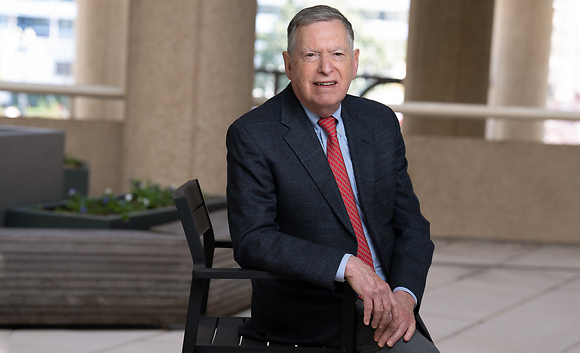Professional Golfer Sergio Garcia to Owe More Taxes on Endorsement Income
On March 14, 2013, the United States Tax Court ruled that professional golfer Sergio Garcia will owe additional tax to the Internal Revenue Service by changing Mr. Garcia's allocation of income from an endorsement contract with TaylorMade Golf. This is the second significant case to be decided as part of a recent IRS attack on professional athletes' characterization of the nature of endorsement income, following a similar case in 2011 involving professional golfer Retief Goosen. Both cases concern non-US athletes and the extent to which endorsement income relates to personal services of the athletes as opposed to royalties for the use of the athletes' names, likeness and reputation. The different characterization of the income can result in different withholding tax consequences to the athletes and can lead to an expensive surprise from the IRS.
Summary
The Tax Court addressed the on-course and off-course income that Garcia, a Swiss resident, received for his "head to toe" endorsement contract with TaylorMade, a golf equipment and apparel maker. The contract allocated 85% of Garcia's fees as royalties to be paid to a Swiss entity not subject to US tax. The remaining 15% was allocated as payments for services, which was to be paid directly to Garcia and which Garcia treated as fully taxable in the United States. The Tax Court reduced to 65% the allocation of fees as royalties, and increased to 35% the allocation of fees for services. Additionally, the Tax Court held that the US-Swiss tax treaty exempts Garcia's royalty income from US taxation, even if part of such royalties related to US activities. As a result, Garcia will owe additional tax on the income that was reallocated as income from services.
Allocation of Endorsement Fees
There is no prescribed method for allocation of endorsement fees. In the Garcia case the Tax Court relied on both the particular requirements of the TaylorMade contract and the recent Tax Court precedent concerning the Retief Goosen endorsement contract which was also with TaylorMade. The Tax Court noted that the allocation provided for in the contract was not negotiated at arms-length, and indicated that Garcia had not provided sufficient evidence to support an affirmation of the contractual allocation.
International Tax Treaties
There is significant variation in how income may be treated for residents of different countries with which the US has entered into tax treaties depending on the substance of the treaties, or for which there is no applicable tax treaty at all. In the Garcia case, the US-Swiss tax treaty protects Swiss residents from all US tax on royalties. But the US does not maintain tax treaties with all countries, and where no treaty controls, a 30 percent withholding tax may otherwise apply on royalty payments.
Conclusion
Professional athletes, including those who are not US residents, can easily get tangled in a web of complex and very technical tax laws. Garcia's case, and Retief Goosen's case before it, show that endorsement contracts often involve US tax issues that are hidden to the athlete when the contract is agreed to, but that the IRS will pursue vigorously later on. This can result in an unexpected tax bill that could potentially be avoided with proper tax planning. Caplin & Drysdale has provided guidance to professional athletes on these issues in the past, and recommends that athletes and their advisors review endorsement contracts to consider whether appropriate changes should be made to the allocation of their endorsement income to reflect the best tax position for their circumstances.
For more information, please contact:
| Mark D. Allison | Michael G. Pfeifer | H. David Rosenbloom |

